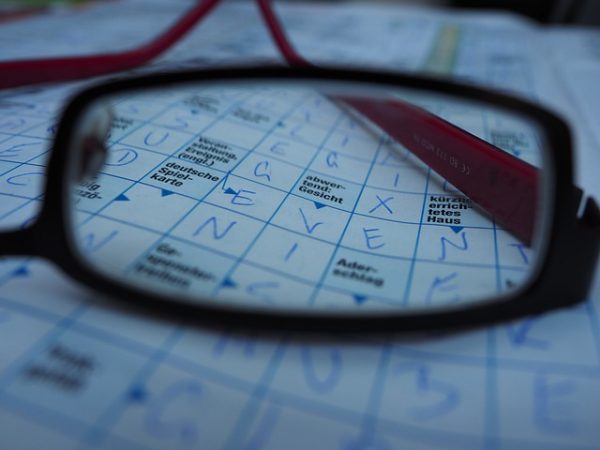We love to talk about the importance of keeping fit and exercising your body regularly. However, it’s just as important to train your memory, imagination, and thinking. Let’s share our top tips on how to develop your memory and keep your brain toned.
Why you need to train your memory
Human memory is inextricably linked to the brain and the thought processes. The more information we retain in our memory, the more activity the brain has to process this information. This is how the brain learns and becomes more developed.
But the level of intelligence is not fixed once and for all at one point. Scientists at the Max Planck Institute in Berlin found that the brain reaches the peak of activity at age 16-25, after which cognitive function gradually declines. But this does not mean that it is impossible to restore the brain to its former strength. That’s what brain training and memory training are for.
Our brain has neuroplasticity – the ability to adapt to new conditions and change. And it can do this at any age. And the best way for the brain to form new neural connections is when it learns something new and remembers that information. Also, studies show that regular memory training increases intelligence in adults and can improve the memory of older people and bring it back to middle-age levels.
Ways to Exercise
Just like your body, your memory needs to be exercised to keep it sharp. But don’t be intimidated – it’s not that difficult and requires almost no extra effort. All of the activities that help train your memory can easily be incorporated into your daily routine.
Learn foreign languages. This is one of the best ways that develops both your brain and your memory. When you learn a foreign language, you are faced with a new and unknown system. But it is what stimulates your brain and forces it out of its comfort zone. It’s also quite a time-consuming activity that requires a high level of concentration. The stepped learning process – you start with simple things and gradually increase your level, provides the brain with an even load. And at the end you will be rewarded – you will learn a new culture, be able to talk to a native speaker, pass an exam and get a new job. This, in turn, affects the production of the hormone dopamine, which is responsible for feelings of satisfaction, as well as helping the processes of learning and remembering.
Work on imagination and visualization. Developing memory helps with imaginative thinking. Let’s say you need to remember a phone number or a new bank card pin number. Imagine typing the numbers you want on the keyboard, how your fingers move, and what lines they draw. Another example is a shopping list. Visualize in your mind the products you are going to buy. Not only will you not forget to buy oranges or a can of tuna, but you will create an emotional connection with those items. Also try to mentally visualize in your mind images of what you’re reading, whether it’s fiction or an article in a business publication. The memory mechanism works so that if necessary, your brain will reproduce the visual image you want.

Break the automatism. Every day we perform many routine actions – brushing our teeth, walking the familiar path to work, ordering the same type of coffee at the cafe next door. The brain at this time acts on automatic and does not strain. To wake up the brain and make it work more actively, it is useful to periodically change established habits. For example, change your usual route, brush your teeth with the left hand if you are right-handed, try a new dish in a cafe or cook yourself according to a new recipe.
6 memory exercises
To train your memory, try these exercises every day.
1. Describe Objects
Choose any object that is nearby – a vase, a statue, a book with an interesting cover. It is better to choose objects that have more details. Look at the object carefully for half a minute and memorize all the details. Then turn away from the object and describe it in detail.
2. Do crossword puzzles.
Crossword puzzles are effective for training the brain and memory; if you can’t figure it out, nyt crossword answers will always help. Other word games, such as scrabble, will also work.
3. Memorizing shapes (“Matches”).
For this exercise you will need ten matches. First take five matches and throw them on the table. Memorize their positions for a few seconds, then turn around and try to make the same pattern with the other five matches.
4. Memorizing objects or words
Place ten different objects on the table, list them aloud for a minute, and then cover them with something. After that, try to name all the objects that are on the table. To increase the difficulty of the exercise, you can increase the number of objects. You can also do the exercise with the help of a word list. Write the words on the sheet, turn the sheet over and repeat what you have written.
5. Do the exercise blindly.
Try walking around the apartment with your eyes closed or doing a familiar action blindly. This will improve memory and spatial orientation skills.
6. Tell stories
Try making up a story about how your day went. Storytelling helps you remember important events and interesting details better, and connect emotions with memories.
